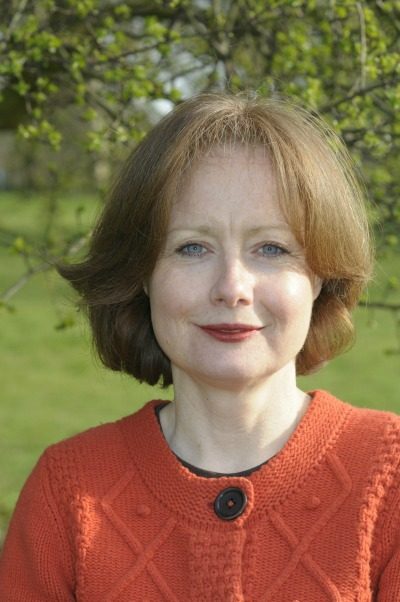So says publisher, writing coach and psychotherapist, Kathy Gale.
When I was an editor in publishing, I shared the widespread view that there were a small number of naturally talented writers and that the job of agents and publishers was to “discover” them, then produce, distribute and promote them well so that those naturally talented writers could find the audience they deserved.
Like many people in publishing at the time, I was a bit contemptuous of those new writers who sent manuscripts in to our “slushpile” and didn’t show much evidence of knowing how to write. But why would they? There’s another myth in the writing and publishing worlds – that you can whap off a book (because of that “natural talent”, you understand) and if you are good enough, that work will shine. We did little to disabuse people of that notion – quite the opposite in fact – but we were not kind about the outcome.
Eventually, I left publishing to become a psychotherapist, executive coach and writing coach. There was, I now realise, some impulse in me towards a greater generosity of spirit and a belief that everyone has potential, although they may need some support to achieve it.
In my therapy training, I became familiar with the humanistic psychotherapeutic concept of self-actualisation. This is the idea that each person has an innate desire to move towards becoming the best person they can be. And that everyone can achieve that. The barriers to doing so are partly lack of access to the tools and skills, but also emotional blocks.
This rapidly became apparent to me in my work with writers as well as therapy clients. I began teaching less experienced authors the skills and techniques of writing – and that helped hugely. But mastering those skills wasn’t what made their books flourish. What made them flourish was the author’s gradual understanding of the emotional blocks that might be standing in their way and the natural process of flourishing that occurs when a person is really seen and supported by an honest, positive and supportive guide.
I would ask innocent questions – not intending them to be therapeutic – like “you seem to want to skate over this part of your book, not describe it in detail. Why do you think that is?” In response to those questions, the writer would sometimes suddenly understand an emotional issue that was holding them back. And it was then that the writing would transform.
After some time of working with writers in this way, I began to notice a remarkable thing. A high proportion of those writers who didn’t seem particularly talented or skilled when I began to work with them, now had agents and publishing deals. They did have talent – everyone does – it just took a particular kind of support to enable them to achieve it.
So, this deeply held view we have that talent is innate is a complete myth. Anyone can write a great, emotionally alive book. And this is exciting to know. Because it means that writing does not need to be the preserve of a limited number of people – we can have a vastly more plentiful and diverse pool of writers appealing to a much greater range of readers.
Kathy Gale worked in publishing for over thirty years. For nine of them, she was Joint MD of The Women’s Press with Mary Hemming, now her wife. She has recently launched Writers’ Studio – coaching groups for authors. You can contact Kathy on kathy.gale@kgpublishingservices.co.uk or 07944137248.
Only reading DIVA online? You're missing out. For more news, reviews and commentary, check out the latest issue. It's pretty badass, if we do say so ourselves.
